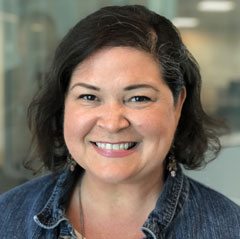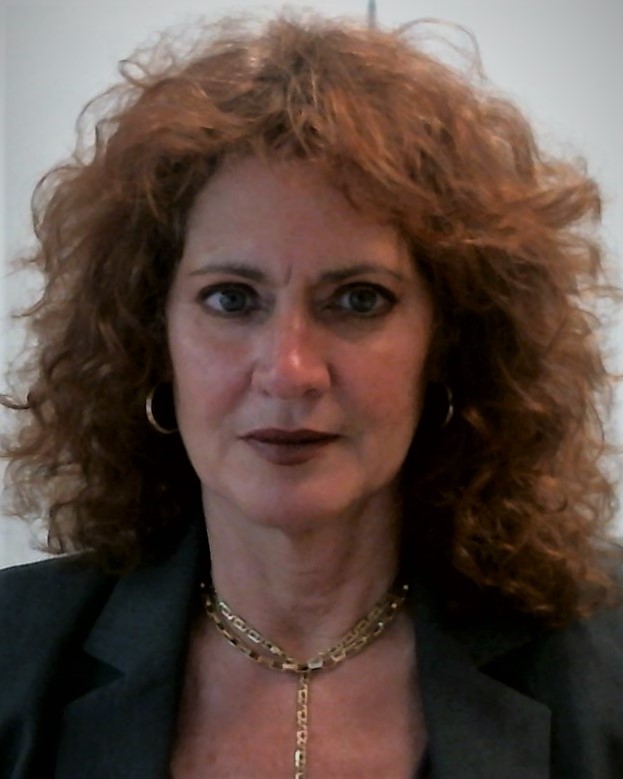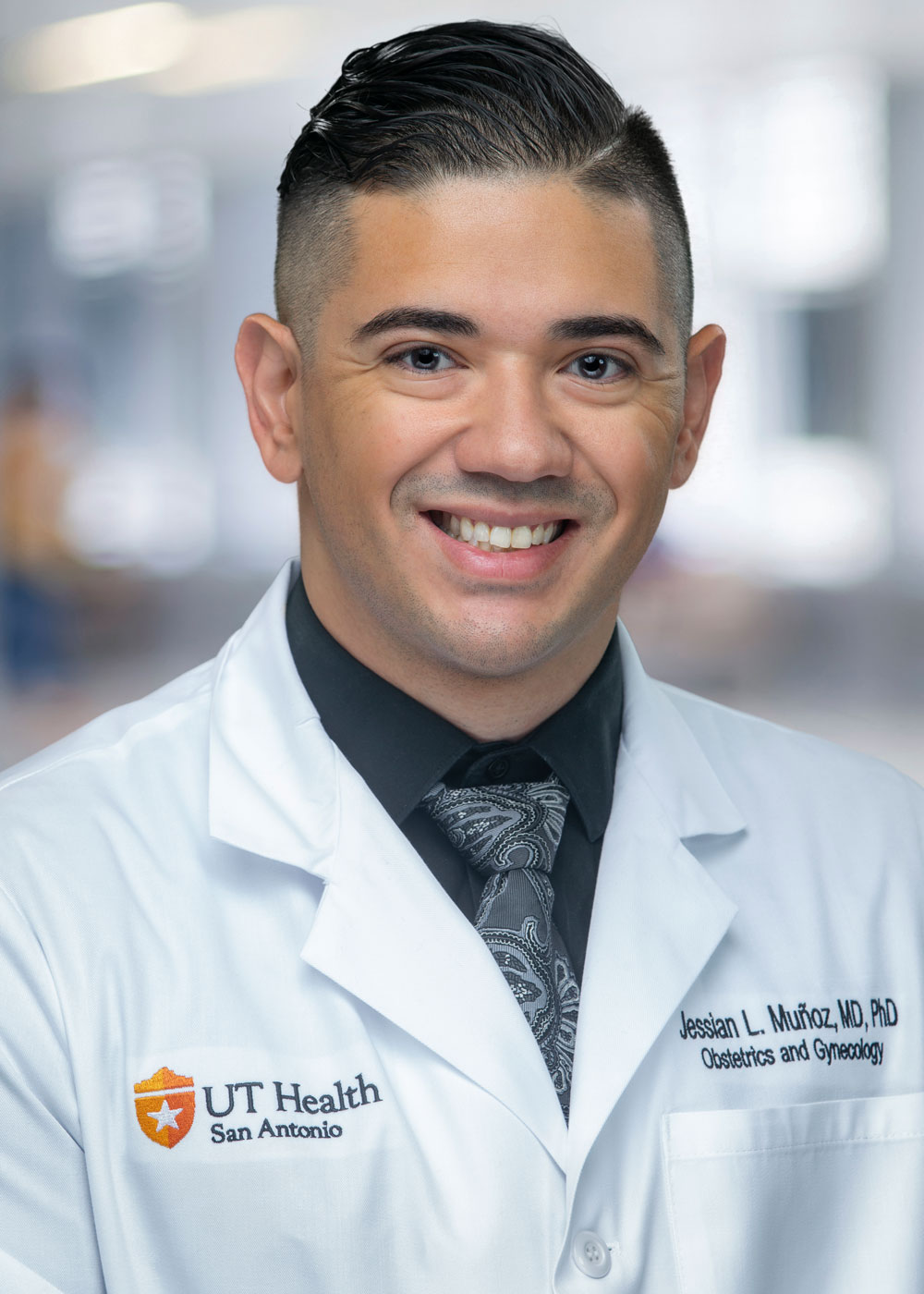5 reasons to pursue a public health degree

Jan 25, 2021, 12:00 PM.
article key points
MPH graduates are making an impact on their communities and the world.
If the coronavirus pandemic has offered any insight, it would be that the world needs public health professionals who can help keep communities informed and healthy.

“Public health is really about helping people and communities,” says Yasenka Peterson, director of educational programs and workforce development for the Robert Stempel College of Public Health & Social Work.
She underscores that the world’s communities will continue to need help with combatting COVID-19 and will require assistance with what awaits beyond the pandemic. Public health offers real solutions for the reality we’re living, asserts Peterson who outlines the top five reasons to pursue a public health degree.
1. Better economic development and community health
Strong public health programs lead to better economic development and this reflects on health care costs—it improves health and answers the questions about where government spending is assigned, reasons Peterson.

Master of Public Health (MPH) alumnus Dr. Jessian Munoz ’20, who is an OB/GYN resident at the Cleveland Clinic in Akron, Ohio, adds that the degree offers solutions for everyone in a community. Dr. Munoz, also a maternal-fetal medicine fellow at UT Health in San Antonio, Texas, decided to pursue his MPH degree fully online to add to his medical knowledge.
“During my training in medicine, I learned the policies and social constraints faced by patients were also my challenges. Thus, I expanded my knowledge to enhance patient access and care,” he offers.
2. Worldwide impact and health equity
Another reason to pursue an MPH degree is that the program is globally oriented, explains Peterson. It impacts everyone.

“We are all interrelated,” she says and points to the COVID-19 pandemic. Actions in one geographic area can have direct impact on another, for better or worse. Public health strives to create health equity for the greatest number of people—this is a sentiment that resonates with alumna Michelle Finn ’20.
“With a degree in public health, I can help more people at a time, with more frequency,” says Finn who pursued her degree fully online and traveled the world working on a yacht. “I am really keen on health promotion and understanding people’s behavior in order to change global health and how people live in underdeveloped communities.”
3. Vast opportunities and job security
Within public health, there isn’t just one career path. From health education to disease treatment centers, sickness prevention to health promotion, the positions run the gamut, and this provides job security.

Dr. Tamelia Lakraj-Edwards pursued her MPH to be an advocate for her patients. Her area of expertise is population health and prevention, and she helps with data analytics and transformative quality care.
“I realized people are more than symptoms and deserve more than prescription medications—there were behavioral, cultural, and socioeconomic components. I realized that just being in the clinic every day, I wasn’t able to help the population from a truly comprehensive or integrated perspective. Pursuing my MPH degree is my way of advocating for all patients at the local, state, and national levels. I am really able to help those in need,” says Dr. Lakraj-Edwards.
According to the Bureau of Labor Statistics, the field will grow faster than the average for all occupations, and with no shortage of health issues in the world, opportunities are far and wide.
4. Real-world solutions for complex problems
Big problems require even larger solutions. This is the kind of thinking that diseases like COVID-19 have presented and an aspect of public health that Dr. Lakraj-Edwards enjoys. She deconstructs epidemiological data into manageable pieces to improve systems.
“Through learning the public health curriculum, I am gaining a profound understanding of epidemiology and the integration of many aspects of healthcare in order to positively affect public health in a clinical way among communities. I am also learning how public health relates to statistics, the financial and clinical perspectives and finally how all of these interrelated components can be interpreted through the data for comprehensive care,” discusses Dr. Lakraj- Edwards.
5. The reward
In the field, public health professionals are action oriented, and while it’s difficult to quantify what you prevent, the reward is beyond measure, describes Peterson. Going further, she notes the support FIU offers to students with Career Engage, a certification/badging pathway as well as internships.
“You pursue a degree in public health because you like helping people and this is why it is one of the most rewarding fields—for many of us that really gets us going because you make a difference,” she concludes.
